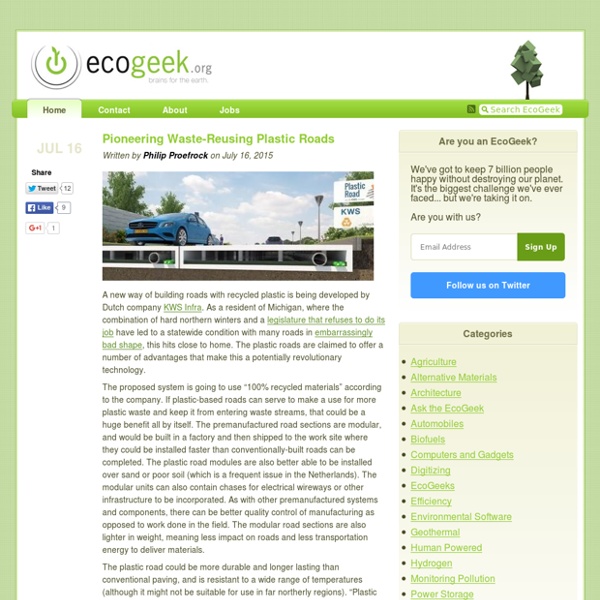



Big Ideas: Linking Water, Power, and Sewer in K-12 A Center for Ecoliteracy – San Francisco Public Utilities Commission partnership. This publication is an addition to the Center for Ecoliteracy’s suite of Big Ideas curriculum resources. It was commissioned by the San Francisco Public Utilities Commission (SFPUC) as a guide for educators, curriculum developers, and schools to engage students. It stems from the commitment of the Center and the SFPUC to nurture the next generation of environmental stewards. Big Ideas identifies key concepts that link water, power, and sewer. Download Big Ideas: Linking Water, Power, and Sewer in K–12 on the SFPUC website. With issues of equity and access in mind, Big Ideas: Linking Water, Power, and Sewer in K–12 incorporates creative strategies to help support students with limited English proficiency or learning differences, students of color, and other underserved populations.
Vision, Mission, Goals | Global Ecovillage Network Vison The Global Ecovillage Network envisions a world of empowered citizens and communities, designing and implementing their own pathways to a sustainable future, and building bridges of hope and international solidarity. Mission As a solution-based, multi-stakeholder alliance, GEN provides information, tools, examples and global representation to the expanding network of those dedicated to developing and demonstrating sustainability principles and practices in their lifestyles and communities around the world Goals Main Activities
The Greening of the Self By Joanna Macy / filmsforaction.org Something important is happening in our world that you are not going to read about in the newspapers. I consider it the most fascinating and hopeful development of our time, and it is one of the reasons I am so glad to be alive today. The self is the metaphoric construct of identity and agency, the hypothetical piece of turf on which we construct our strategies for survival, the notion around which we focus our instincts for self-preservation, our needs for self-approval, and the boundaries of our self-interest. Widening our self-interest The conventional notion of the self with which we have been raised and to which we have been conditioned by mainstream culture is being undermined. At a recent lecture on a college campus, I gave the students examples of activities which are currently being undertaken in defense of life on Earth-actions in which people risk their comfort and even their lives to protect other species. The ecological self
Computing for Sustainability | Saving the earth one byte at a time | Page 2 Hopeful tourism computing? A couple of weeks a ago I interviewed Tess Brosnan, a film maker who wanted to talk about links between citizen science and hopeful tourism. This led me to read Annette Pritchard, Nigel Morgan and Irena Ateljevic’s “Hopeful tourism: A new transformative perspective” (pdf). I found myself reading while mentally replacing “tourism” with “computing”. For […] Apple growers, Academics, Activists and an Animator of Lunatics Sustainable Lens: Resilience on Radio, condensed down to one image. There’s a word for that: Anupholesteraphobia I found myself reading a book on music performance (long story). Audaciously sustainable The Audacious Student Business Challenge has expanded this year to encourage business for good with a social enterprise category. Sustainable action points I’m working with a final year Career Practice student – Lily Parker. Celebrating Excellence in Communication within IT in NZ What’s your favourite quote?
What Does An Ecological Civilization Look Like? - YES! Magazine As a new, saner administration sets up shop in Washington, D.C., there are plenty of policy initiatives this country desperately needs. Beyond a national plan for the COVID-19 pandemic, progressives will strive to focus the administration’s attention on challenges like fixing the broken health care system, grappling with systemic racial inequities, and a just transition from fossil fuels to renewables. These are all critically important issues. But here’s the rub: Even if the Democratic administration were resoundingly successful on all fronts, its initiatives would still be utterly insufficient to resolve the existential threat of climate breakdown and the devastation of our planet’s life-support systems. That’s because the multiple problems confronting us right now are symptoms of an even more profound problem: The underlying structure of a global economic and political system that is driving civilization toward a precipice. A Life-Affirming Civilization Daring to Make It Possible